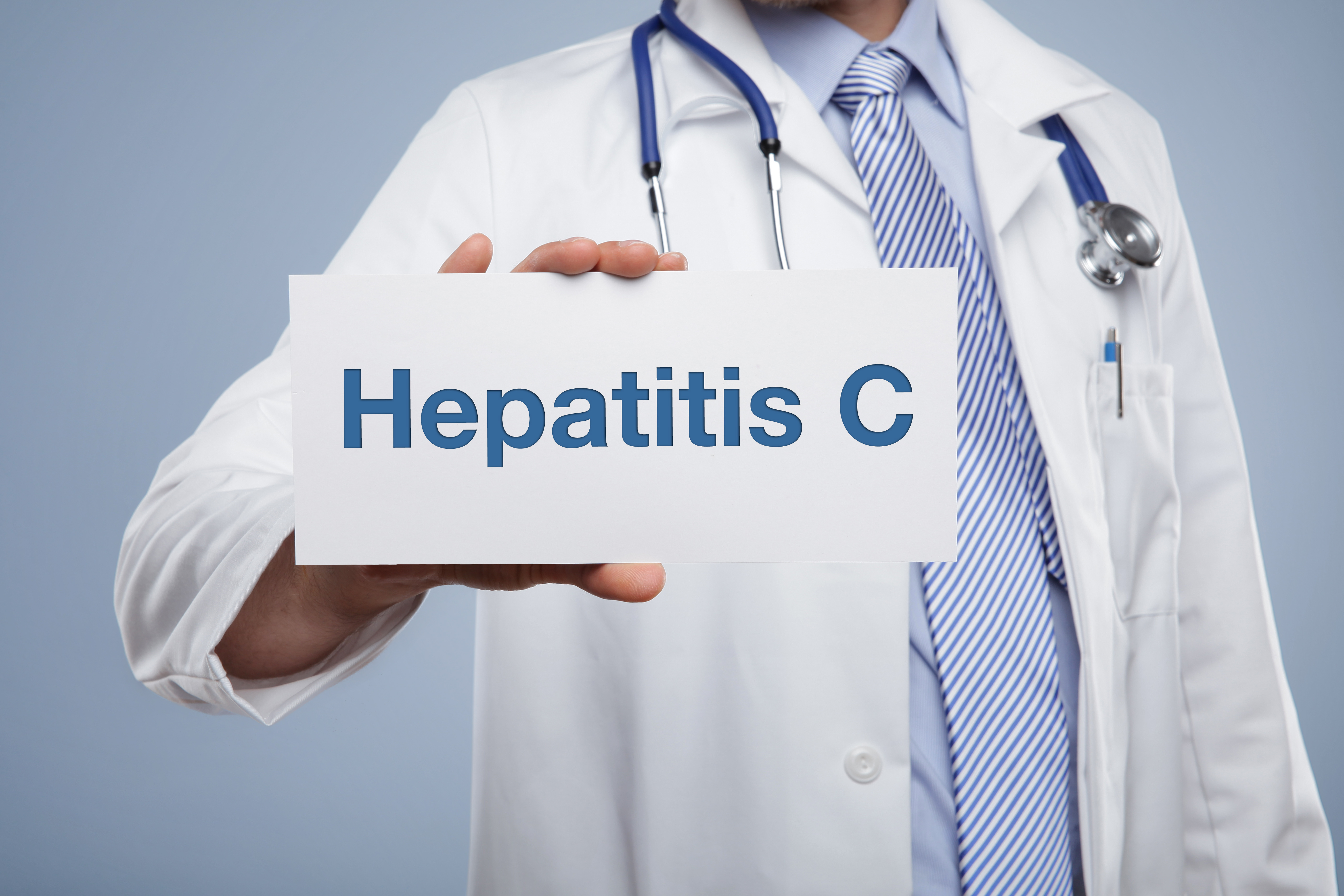A landmark clinical trial is underway, to study the effectiveness of three hepatitis C medications.
The initial patient at University of Florida Health has begun a 12-week drug regimen and is one of 3,750 people who will be randomly assigned one of the medications as part of the five-year trial, said David R Nelson, MD, Director of the UF Clinical and Translational Science Institute and a Professor of Medicine in the UF College of Medicine.
A $14.97 million research contract from the Patient-Centered Outcomes Research Institute, or PCORI, is funding the trial, known as the PRIORITIZE Study, at UF Health and 45 centres nationwide.
In addition to comparing the effectiveness of the three oral medications, David said researchers will learn more about how the treatments perform when used by a diverse group of patients that includes minorities and people with other medical conditions.
PCORI decided to fund research about the efficacy of hepatitis C medications because they were only tested previously in carefully selected patient populations and never against each other. That leaves physicians and patients with no comparative evidence about the drugs’ effectiveness.
Pragmatic clinical studies test a treatment’s effectiveness in ‘real-life’ situations, such as typical academic and community-based outpatient clinics, and also can include a wider range of study participants, making their findings more generally applicable.
‘Most clinical trials are done in a very selective group of otherwise healthy individuals. We know the real world is quite different. It involves a diverse group of patients — people who may be older, have a lot more health disparities and get their healthcare delivered in many different ways,’ said Michael Fried, MD, a co-principal investigator and a Professor at the University of North Carolina School of Medicine.
The study is comparing AbbVie’s Viekira Pak, Gilead Sciences’ Harvoni and Merck & Co.’s Zepatier. AbbVie and Merck are providing free medications and support worth hundreds of millions of dollars for the trial.
The first safety and efficacy data are expected in mid- to late 2017.


